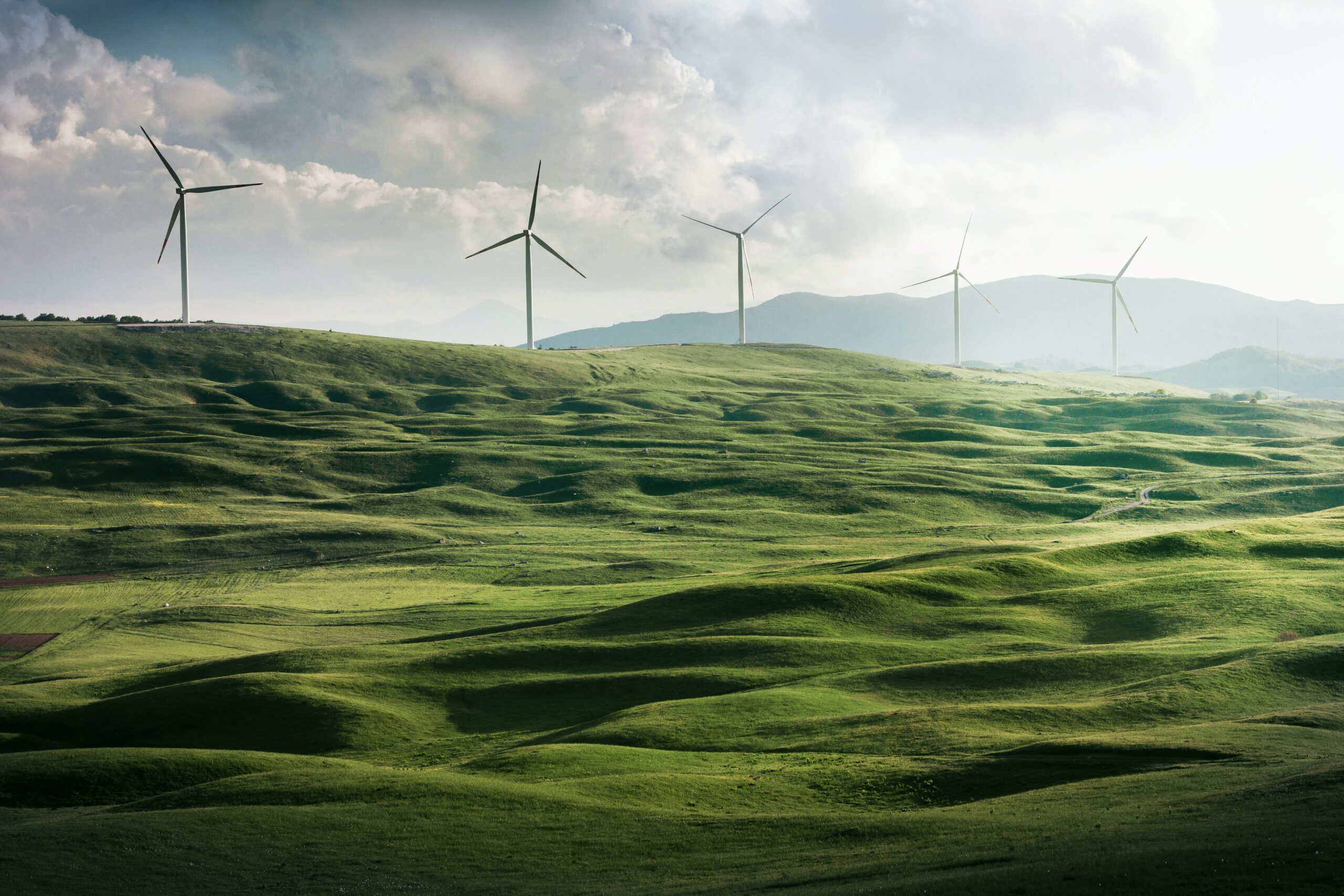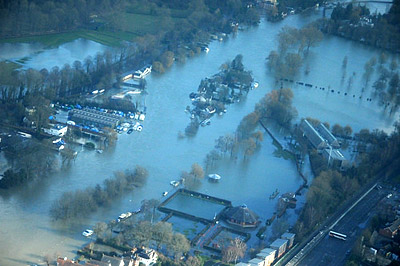Is This What Climate Change Looks Like?
Extensive flooding in UK presages weather to come
Over the past few weeks exceptional rain has hit various parts of Britain, including Devon and Cornwall, Scotland, Wales, and the Thames Valley west of London, resulting in the flooding of thousands of properties. Across the world, unusual storms have also hit Ireland, Indonesia has suffered violent weather including tornados, and California has been struck by an exceptional heatwave. All these events are linked by the high-level atmospheric phenomenon known as the jetstream, which has precipitated the storms.
Dame Julia Sligo, of the Met Office, cautiously assigned the effects to climate change, saying there was “no definitive answer” to what caused the storms. “But all the evidence suggests there is a link to climate change,” she added. “There is no evidence to counter the basic premise that a warmer world will lead to more intense daily and hourly rain events.”

The results of yesterday’s storms in the UK have left 16000 people in Wales without power, over 5000 properties flooded, a Channel Ferry in trouble, and several people dead from accidents. The army has been brought in to assist the emergency services and local government, which shows how serious the issue is. The Met Office continues to issue Severe Weather Warnings. This winter has been the rainiest since records began in the UK 248 years ago.
Since 2000 we have had some of the most extreme weather ever experienced in Britain, with the last few years seeing more rain and extreme temperatures than ever before. This is reflected globally, with unprecedented drought in Australia, for example. Lord Nicholas Stern, whose 2006 Stern Report, showed how it would be less expensive to act on climate change than to ignore it, said in the Guardian, “The upward trend in temperature is undeniable, despite the effects of natural variability in the climate which causes the rate of warming to temporarily accelerate or slow for short periods, as we have seen over the past 15 years.
“If we do not cut emissions, we face even more devastating consequences, as unchecked they could raise global average temperature to 4C or more above pre-industrial levels by the end of the century.”

Some people have thought that climate change would make the weather in Britain sunnier, and that vineyards could be planted in southern England. The last few weeks have shown that premise to be quite deluded: climate change will have devastating consequences, even in well-developed countries like the UK which have moderate climates. In other places, such as low-lying, and poor, Bangladesh, the effect will be even worse. The climate change deniers continue to ignore scientific evidence, and they can now see the effects of just a minor amount of atmospheric heating: 0.8° Celsius is enough to flood substantial areas of Britain – what will happen with two or more degrees, as predicted by important bodies such as the IPCC and the Tyndall Centre?
Unfortunately the present government has failed to support the Environment Agency, whose staff were going to be cut, until the storms hit. Many of the people working hardest to repair the damage were doing that under threat of redundancy. The government also axed various flood protection schemes which had been planned by the previous adminstration. It has been estimated that £1 of flood protection saves the economy £8 through avoided damage, insurance claims, lost productivity, so it cutting this from the budget could be described as “penny wise, pound foolish”.
It is yet to be seen if the weather events of the winter of 2013/14 globally will silence the climate chance sceptics, but if the evidence before them is not enough, it seems unlikely it ever will be.
Visit GreenJobs for the latest Climate Change Jobs




